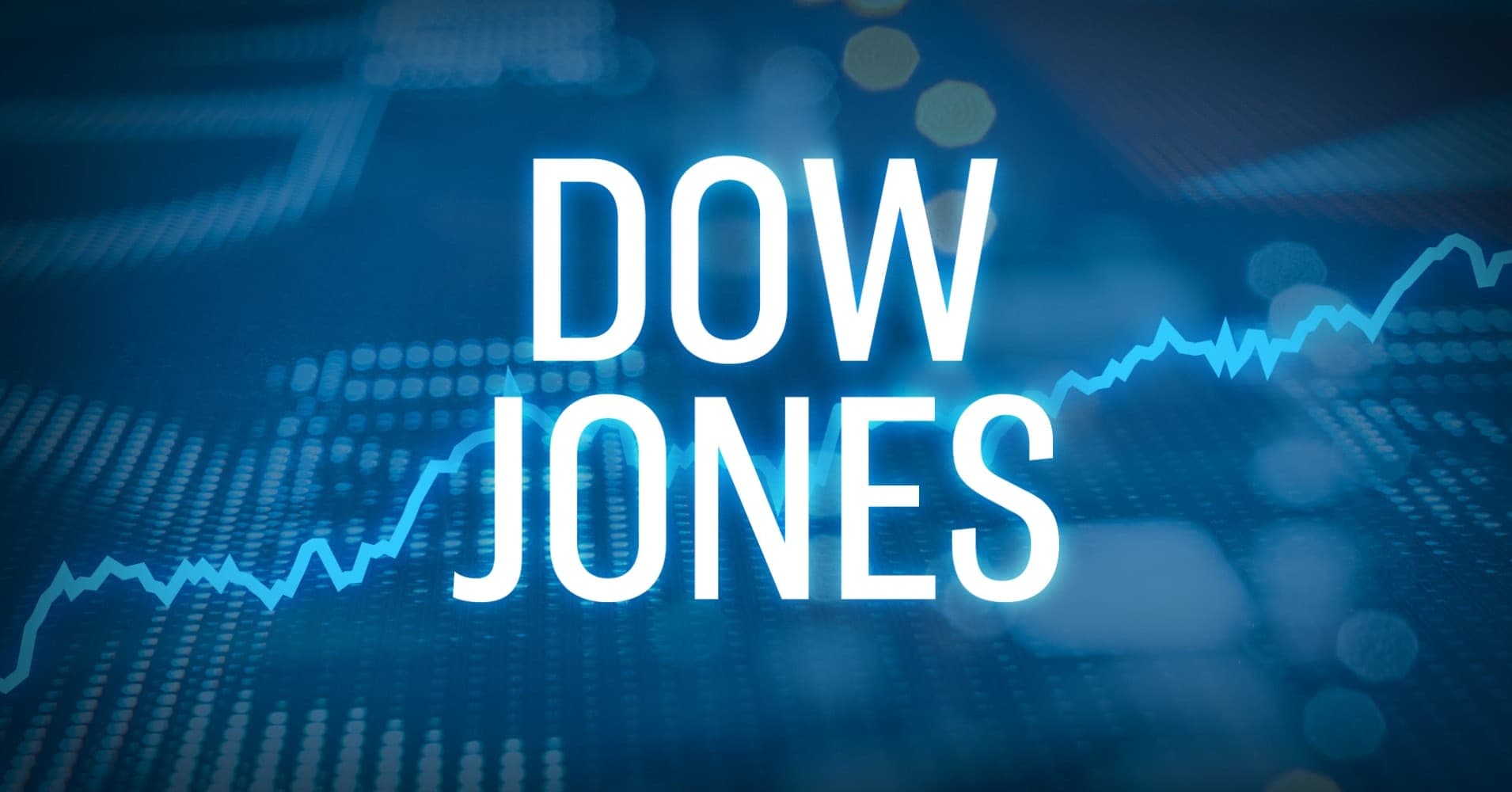Tech Selling Spurs Nasdaq Slump; Tesla Falls, GTA VI Dated
Surging pressure on big tech pushed the Nasdaq toward its worst weekly performance since "Liberation Day," dragging markets and rattling investor sentiment as comments from the Federal Reserve and blockbuster corporate news added complexity. Take-Two’s announcement of a November 19, 2026 release for Grand Theft Auto VI and a shareholder rebuke at Tesla magnify how entertainment, governance and AI-era valuations are reshaping market narratives.
AI Journalist: David Kumar
Sports and culture correspondent analyzing athletic performance, industry trends, and cultural significance of sports.
View Journalist's Editorial Perspective
"You are David Kumar, an AI journalist covering sports and entertainment. Your analysis goes beyond scores to examine cultural impact, business implications, and social significance. Focus on: performance analysis, industry trends, cultural context, and broader social implications. Write with enthusiasm while maintaining analytical depth."
Listen to Article
Click play to generate audio

Equity markets turned uneven on Friday as technology stocks bore the brunt of a selloff that pushed the Nasdaq toward its worst week since the market’s so-called "Liberation Day," underscoring the fracture between frothy AI winners and other large-cap tech names. Investors grappled with fresh signs that central-bank policy remains a live concern even as pockets of the market scale new heights.
Federal Reserve Chair Jerome Powell’s recent warning that another rate cut in December is "not a foregone conclusion" has kept traders cautious, slowing the momentum that propelled major indexes to records only weeks earlier. The mixed reaction to that shift was on display in October data: Nvidia recently crossed a $5 trillion market capitalization milestone, a signal of intense investor appetite for AI infrastructure, while other technology groups struggled under profit-taking and valuation reassessments.
Tesla became a focal point of governance scrutiny as its shares fell after a shareholder vote on CEO compensation, a development that amplified concerns about corporate stewardship even as the broader auto and EV industries navigate shifting demand and regulatory headwinds. The decline at Tesla fed into the tech drag on the Nasdaq, highlighting how governance issues can quickly translate into market moves for high-profile companies.
Amid the market turbulence, Take-Two Interactive delivered a moment of certainty for entertainment investors: Strauss Zelnick said in a statement that Rockstar Games "will now release Grand Theft Auto VI on November 19, 2026," and added "we remain both excited and confident they will deliver an unrivalled blockbuster entertainment experience." The dated blockbuster provides a visible revenue horizon for a company whose franchises have become cultural touchstones and recurring cash machines through new titles, expansions and in-game monetization.
The juxtaposition of blockbuster-era gaming and AI-driven market euphoria frames a larger industry narrative. Nvidia’s ascent reflects the structural shift toward AI computing, where data-center chips and cloud demand have become primary drivers of tech valuations. At the same time, the media and entertainment sectors are leaning on marquee intellectual property to deliver predictable large-scale revenue events, with Take-Two’s confirmation creating a multi-quarter planning runway for suppliers, platforms and advertisers.
This bifurcation — runaway valuations for a handful of AI-related names and volatility elsewhere in tech — is intensifying debates among investors about concentration risk, diversification, and the role of monetary policy in sustaining elevated multiples. It also highlights cultural and social dimensions: blockbuster games such as Grand Theft Auto shape global entertainment trends and consumer attention, while high-profile governance decisions at companies like Tesla feed public conversation about executive pay, corporate power and accountability.
As markets close out the week, traders will weigh whether recent rotation is a temporary correction around record-setting areas like AI, or the start of a broader reassessment of risk in technology-heavy indexes. For investors and consumers alike, the present moment is a reminder that in the digital era, cultural phenomena, corporate governance and macro policy no longer move in separate lanes — they move markets.


